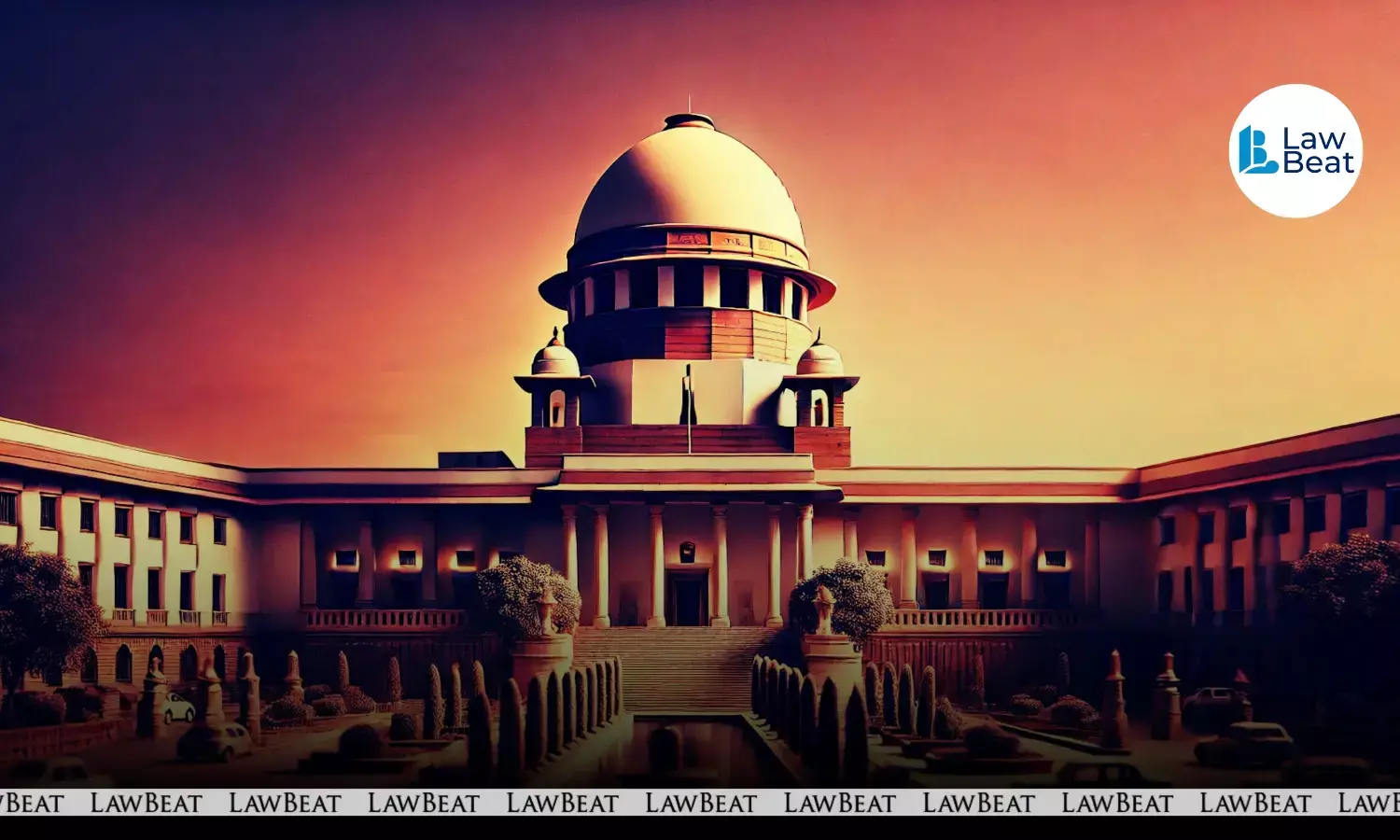Restitution Explained: SC on Protecting Innocent Buyer in Invalid Auction

The Supreme Court quashes DDA Jasola plot auction, orders Corporation Bank to refund buyer's money with 9% interest
The Supreme Court recently quashed the auction of a Delhi Development Authority (DDA) plot in Jasola and directed Corporation Bank to refund the auction purchaser’s money with 9% annual interest. Court held that the auction was conducted in violation of lease terms and statutory provisions, but stressed that the buyer who acted in good faith could not be made to suffer.
In 2001, DDA allotted a 877.5 square metre plot on Kalindi Kunj Road to Sarita Vihar Club on leasehold basis for setting up a recreational and sports club. The allotment required the club to seek prior written approval of the Lieutenant Governor before mortgaging the property. Despite this condition, the club mortgaged the land to Corporation Bank in 2005 without the mandatory consent and soon defaulted on the loan.
The Bank turned to the Debts Recovery Tribunal (DRT), which in 2010 allowed recovery of dues amounting to over Rs. 86 lakh. The Recovery Officer later ordered an auction, over DDA’s objections that the mortgage was void and that it retained rights over the plot, including to claim unearned increase in value. In November 2012, M/s Jay Bharat Commercial Enterprises Pvt. Ltd. purchased the property for Rs. 13.15 crore, well above the reserve price of Rs. 8.85 crore.
When DDA challenged the auction, the Delhi High Court dismissed its writ petition in 2014, reasoning that the issues had already been raised in earlier proceedings and were barred by principles similar to res judicata given under Section 11 of the Indian Civil Procedure Code (CPC).
On appeal, the bench of Justices Sanjay Kumar and Alok Aradhe reversed the High Court decision. The Supreme Court found that the auction violated Rule 53 of the Second Schedule to the Income Tax Act, 1961 and Rule 16 of the Income Tax (Certificate Proceedings) Rules, 1962, because the auction notice failed to disclose DDA’s statutory rights and encumbrances attached to the land.
“No sanctity can be attached to the e-auction sale notice and subsequent confirmation of sale,” court observed.
Court stressed the principal of restitution that no party should be unjustly enriched at the expense of another. The bench stressed that while the Bank had proceeded on the basis of an illegal mortgage and DDA had a legitimate claim to enforce its lease terms, the auction purchaser stood in a wholly different position.
“Among all the actors in this legal drama, it alone stands innocent,” court said, noting that the purchaser had paid in good faith and acquired possession believing the sale to be lawful. It had neither breached the lease covenants nor failed in due diligence.
Drawing on precedents from English and Indian law, court described restitution as both a legal and moral imperative. It explained that the law must provide a remedy against unjust enrichment, and where an innocent party has suffered due to the actions of others, the courts must restore it, as far as money can achieve, to its original position.
"The jurisdiction to make restitution is inherent in every court and will be exercised wherever the justice of the case demands," court said.
Court quashed the auction while simultaneously protecting the buyer from financial loss. It held that Corporation Bank, having granted a loan on an invalid mortgage and sought to auction a property it could not lawfully sell, bore full responsibility for the consequences. Court directed the bank to return the purchaser’s money with 9% annual interest from the date of deposit.
Case Title: Delhi Development Authority Vs Corporation Bank & Ors
Judgment Date: September 25, 2025
Bench: Justices Sanjay Kumar and Alok Aradhe
